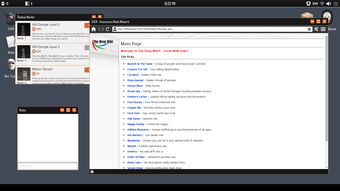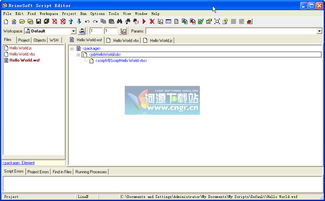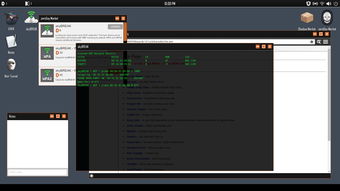
With the rapid advancements in technology, the way we use software has evolved significantly. One of the most notable trends is the shift towards no-install software. This article explores the concept of no-install software, its benefits, and how it's reshaping the software industry.

No-install software refers to applications that can be used without the need for traditional installation processes. These programs are designed to be accessed directly from a web browser or a cloud platform, eliminating the need for complex installation procedures. This approach has gained popularity due to its simplicity and convenience.

There are several advantages to using no-install software:
1. Easy Accessibility
2. Quick Deployment
Deploying no-install software is much faster than traditional software. Since there's no need to install the program on each device, organizations can quickly roll out new applications to their workforce.
3. Reduced System Requirements
No-install software typically requires fewer system resources, making it more accessible to users with older or less powerful devices.
4. Enhanced Security
Since no-install software is accessed through a web browser, it can benefit from the security features of the browser and the cloud platform. This can help protect sensitive data and reduce the risk of malware infections.

No-install software operates through a combination of web technologies and cloud computing. Here's a simplified explanation of how it works:
1. Cloud-Based Storage
No-install software is hosted on a cloud server, which stores the application's files and data.
2. Web Browser Access
Users access the software through a web browser, which communicates with the cloud server to retrieve the application's interface and functionality.
3. Real-Time Updates
No-install software can be updated in real-time, ensuring that users always have access to the latest features and security patches.

While no-install software offers numerous benefits, there are also some challenges to consider:
1. Internet Dependency
2. Browser Compatibility
Not all web browsers support the same range of features, which can affect the performance and functionality of no-install software.
3. Privacy Concerns
Since no-install software relies on cloud servers, there may be concerns about data privacy and security.

With the rise of 5G networks and improved internet infrastructure, the limitations of no-install software may be further mitigated, making it an even more attractive option for users and businesses alike.

No-install software represents a significant shift in the way we use and access applications. Its ease of use, accessibility, and enhanced security make it an attractive option for both individual users and organizations. As technology continues to evolve, no-install software is poised to become an integral part of our digital lives.